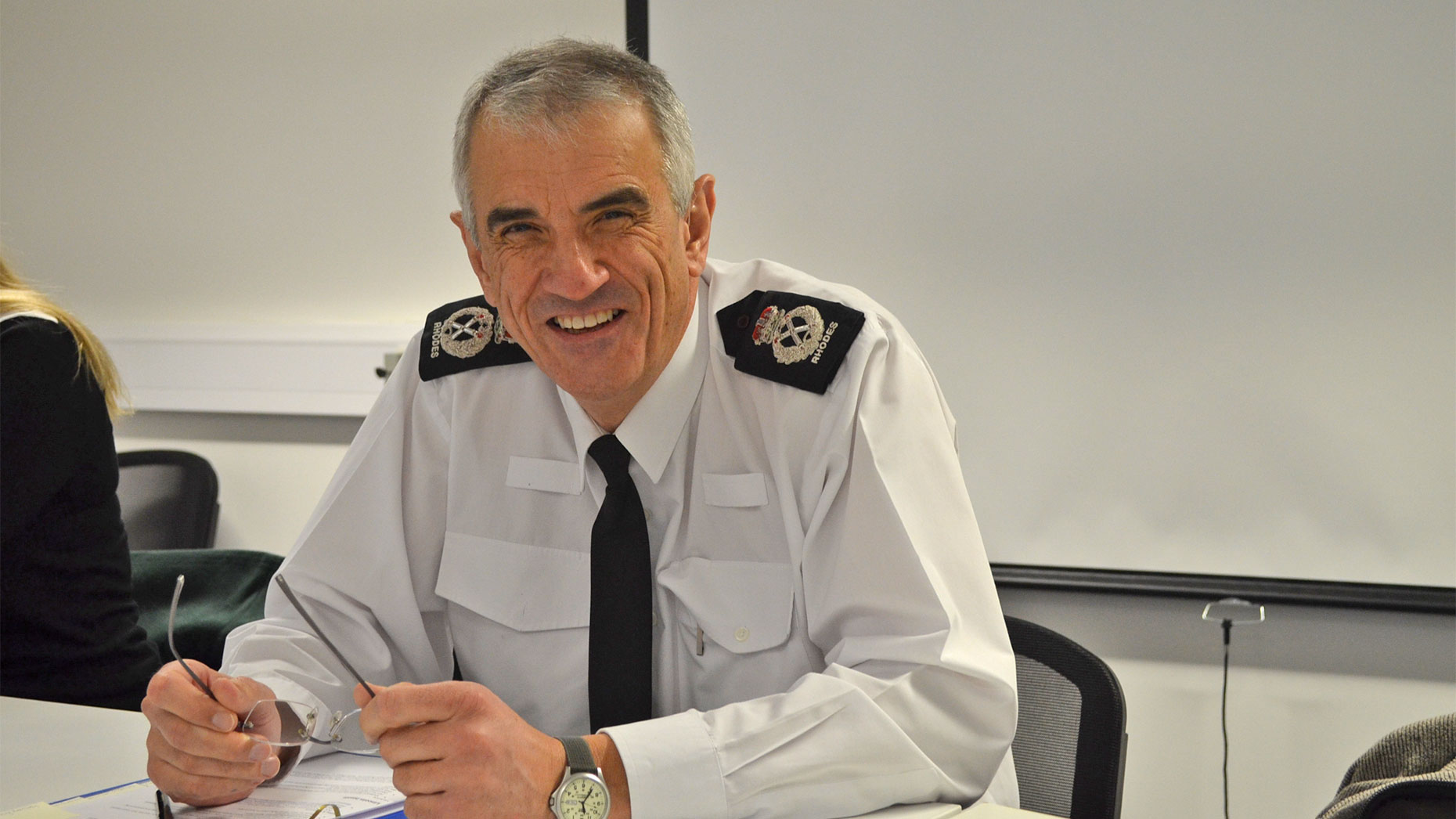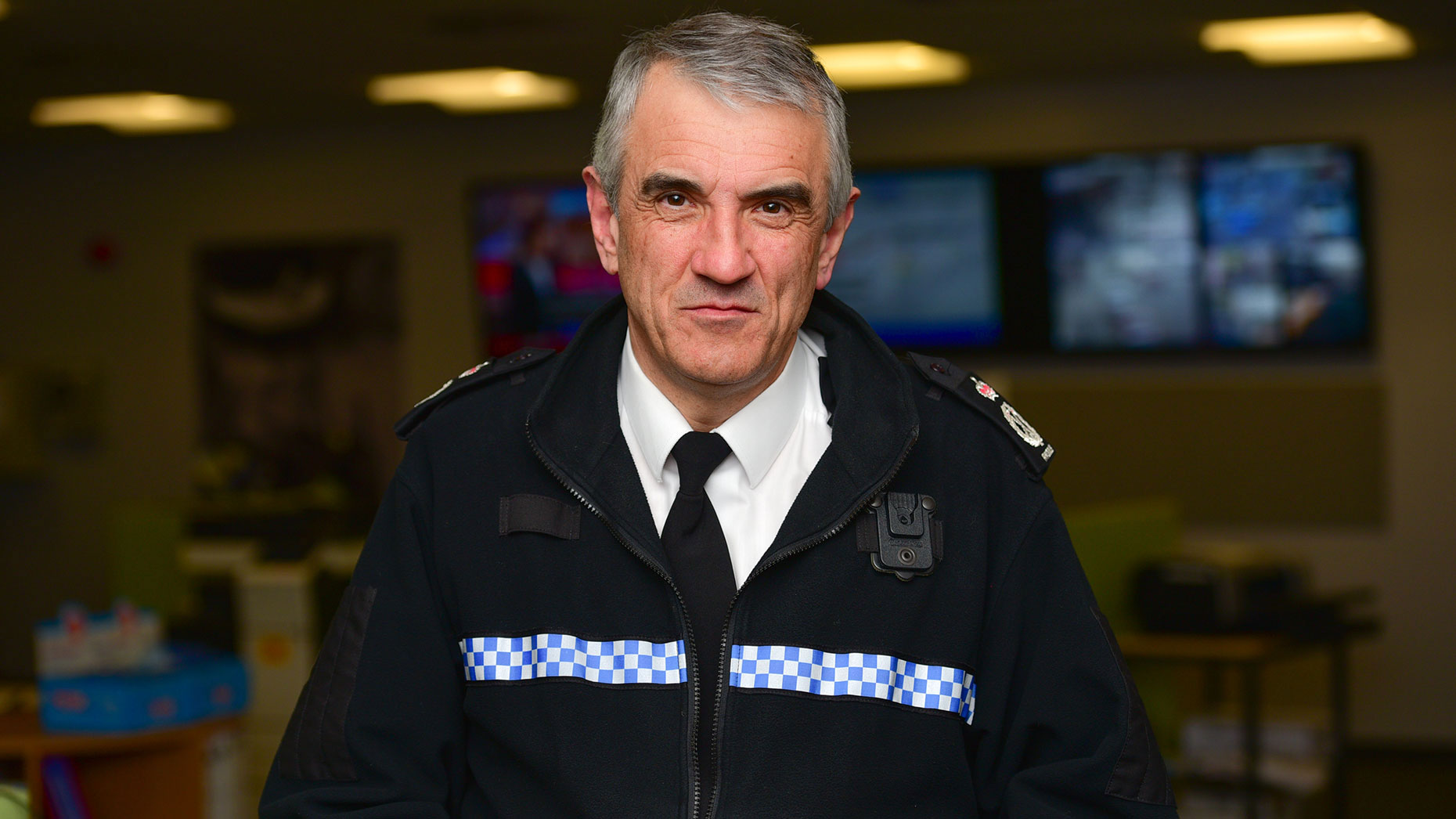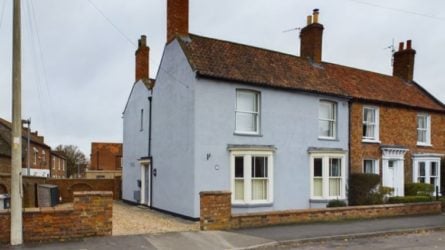On Sunday, reading through the overnight incidents, I saw that officers from Lincoln and Boston had been required to take casualties to A&E departments because ambulances weren’t available within a practical timeframe.
I tweeted at that time:
I hadn’t realised at that time just how much interest my tweet would attract. A day later it’s been retweeted 118 times and liked 134 times, which is quite an unusual amount of attention for me.
I had clearly hit a raw nerve with many members of the public, judging from some of the responses that I got. Equally, one or two members of the ambulance service responded and felt that I was being personally critical of ambulance crews. I need to say, far from it — I am a real supporter of EMAS.
On that evening, Saturday evening, I had been at a function in Lincoln where a person had been taken ill and collapsed. Within around 30 minutes an ambulance arrived and the care and compassion displayed by that ambulance crew was absolutely exemplary.
I have also, in the past, been in the back of Lincoln A&E and seen four or five ambulance crews queueing, sometimes for a matter of hours, to hand over their patients and get back on the streets. I have some understanding of the demands they face.
However, it just can’t be right that police officers are regularly being needed to take people from the scenes of accidents or road traffic collisions to hospital because the ambulance service just does not have the resources available to cope.
One of the incidents I discussed on Saturday was where a person had been assaulted in the early hours and suffered significant head injuries. I both support and applaud the decision of the officers in that matter to take the man to A&E, rather than wait a considerable period of time for an ambulance to attend.
I also ask myself what would happen if someone died in a police car whilst being taken to hospital. The public deserve a better service and my officers cannot be asked to fill the gap that exists at times.
We are, on many occasions, the service of last resort and when there is no-one else available to help — I always want it to be that a police officer is prepared to step into the breach. But, when what should be an exceptional occurrence is becoming a regular occurrence, then it’s up to me to say and do something about it.
Earlier on Monday I discussed this issue with Richard Henderson, the Chief Executive of the East Midlands Ambulance Service. I know Richard well, I meet and talk with him frequently. I know him as a caring and compassionate individual, with strong operational credibility and I listen carefully to his views.
A picture readily emerges of a service that is under-resourced, in comparison with the demands placed upon it across the East Midlands — a problem that is exacerbated by the fact that ambulance crews can spend an inordinate amount of time queueing in busy hospitals waiting to hand over their patients.
It will help all of us to understand exactly what the position is. Over the next few weeks I intend to track closely all occasions when police officers find little alternative other than to take people directly to hospital because of the issues with ambulance cover, and I will be sharing that information with our colleagues in the East Midlands Ambulance Service.
I really need to finish this column, as I started, by saying we really are committed to working in partnership with EMAS and I have an enormous amount of time for the crews that operate alongside police officers on the roads of Lincolnshire, and would much prefer that my comments are seen as supportive rather than critical.
A version of column was first published on the Chief Constable’s Blog. See full article here.
Neil Rhodes is the Chief Constable of Lincolnshire Police. The role marks the culmination of his police career which began when he joined Lincolnshire in 1986. During 15 years with Lincolnshire Police he progressed from Constable to Superintendent, working across the county as a patrol officer, a detective and in roads policing before joining Her Majesty’s Inspectorate of Constabulary at superintendent rank.
On Sunday, reading through the overnight incidents, I saw that officers from Lincoln and Boston had been required to take casualties to A&E departments because ambulances weren’t available within a practical timeframe.
I tweeted at that time:
I hadn’t realised at that time just how much interest my tweet would attract. A day later it’s been retweeted 118 times and liked 134 times, which is quite an unusual amount of attention for me.
I had clearly hit a raw nerve with many members of the public, judging from some of the responses that I got. Equally, one or two members of the ambulance service responded and felt that I was being personally critical of ambulance crews. I need to say, far from it — I am a real supporter of EMAS.
On that evening, Saturday evening, I had been at a function in Lincoln where a person had been taken ill and collapsed. Within around 30 minutes an ambulance arrived and the care and compassion displayed by that ambulance crew was absolutely exemplary.
I have also, in the past, been in the back of Lincoln A&E and seen four or five ambulance crews queueing, sometimes for a matter of hours, to hand over their patients and get back on the streets. I have some understanding of the demands they face.
However, it just can’t be right that police officers are regularly being needed to take people from the scenes of accidents or road traffic collisions to hospital because the ambulance service just does not have the resources available to cope.
One of the incidents I discussed on Saturday was where a person had been assaulted in the early hours and suffered significant head injuries. I both support and applaud the decision of the officers in that matter to take the man to A&E, rather than wait a considerable period of time for an ambulance to attend.
I also ask myself what would happen if someone died in a police car whilst being taken to hospital. The public deserve a better service and my officers cannot be asked to fill the gap that exists at times.
We are, on many occasions, the service of last resort and when there is no-one else available to help — I always want it to be that a police officer is prepared to step into the breach. But, when what should be an exceptional occurrence is becoming a regular occurrence, then it’s up to me to say and do something about it.
Earlier on Monday I discussed this issue with Richard Henderson, the Chief Executive of the East Midlands Ambulance Service. I know Richard well, I meet and talk with him frequently. I know him as a caring and compassionate individual, with strong operational credibility and I listen carefully to his views.
A picture readily emerges of a service that is under-resourced, in comparison with the demands placed upon it across the East Midlands — a problem that is exacerbated by the fact that ambulance crews can spend an inordinate amount of time queueing in busy hospitals waiting to hand over their patients.
It will help all of us to understand exactly what the position is. Over the next few weeks I intend to track closely all occasions when police officers find little alternative other than to take people directly to hospital because of the issues with ambulance cover, and I will be sharing that information with our colleagues in the East Midlands Ambulance Service.
I really need to finish this column, as I started, by saying we really are committed to working in partnership with EMAS and I have an enormous amount of time for the crews that operate alongside police officers on the roads of Lincolnshire, and would much prefer that my comments are seen as supportive rather than critical.
A version of column was first published on the Chief Constable’s Blog. See full article here.
Neil Rhodes is the Chief Constable of Lincolnshire Police. The role marks the culmination of his police career which began when he joined Lincolnshire in 1986. During 15 years with Lincolnshire Police he progressed from Constable to Superintendent, working across the county as a patrol officer, a detective and in roads policing before joining Her Majesty’s Inspectorate of Constabulary at superintendent rank.



 Whatsapp
Whatsapp













